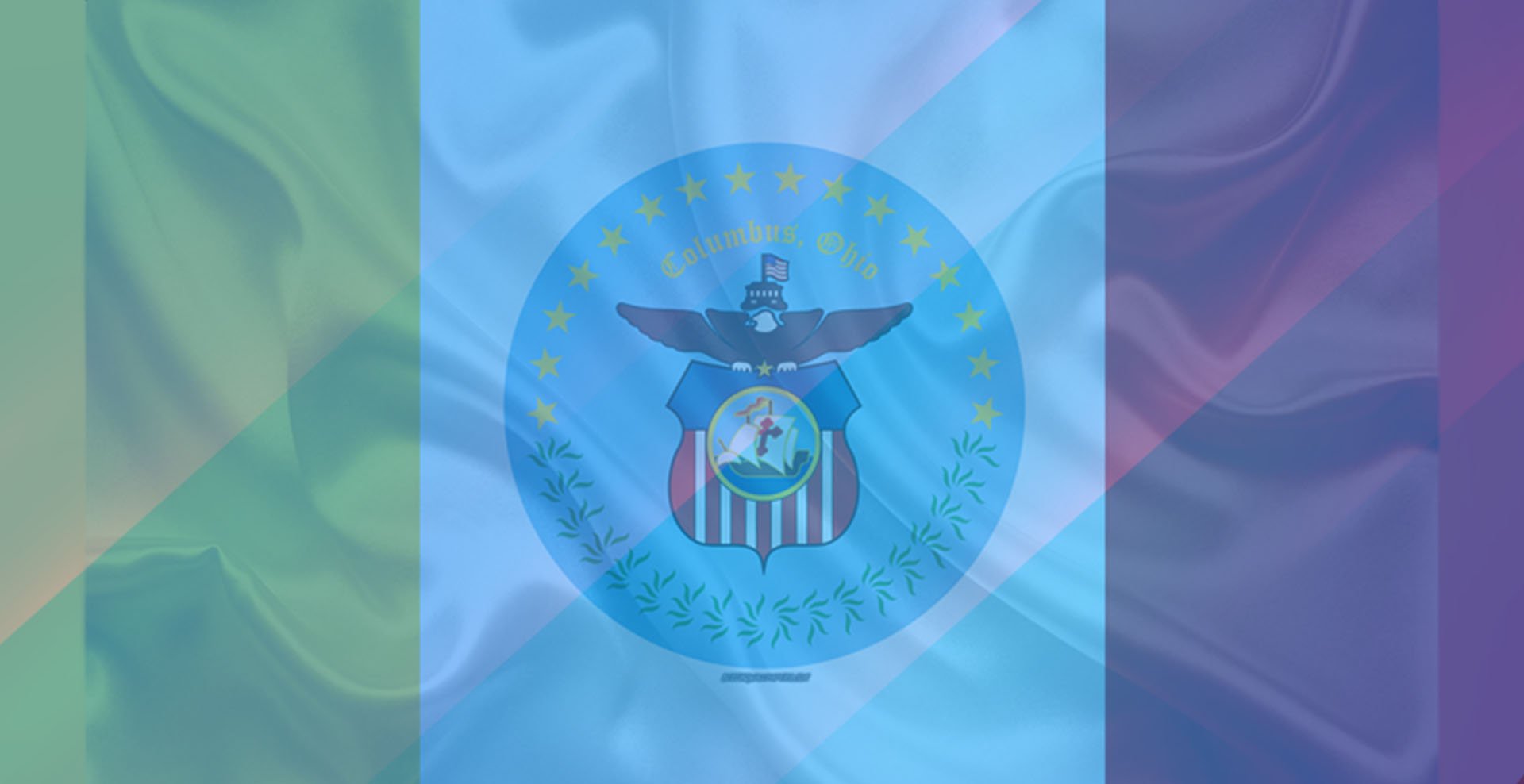INFORMATION PUBLISHED ON AT.NAIFA.ORG
April is National Financial Literacy Month, an annual observation NAIFA wholeheartedly agrees with. But why is financial literacy important and what are we doing about it?
FINRA surveys consistently show that around two-thirds of Americans lack basic financial understanding, and their lack of knowledge is significant. Those who score higher on FINRA’s financial literacy quiz show a greater tendency to earn more than they spend, have an emergency fund of three-months’ salary or more, contribute to retirement accounts, and accurately estimate their retirement savings needs.
In addition, consumers who are more financially literate are better equipped to manage their debt and avoid high-interest loans, more likely to save and invest effectively, and more likely to manage financial risks and cope well with unexpected financial challenges and emergencies.
NAIFA Supports Financial Literacy
During April and throughout the year, NAIFA promotes financial literacy. Life Happens, NAIFA’s consumer outreach arm, created and coordinates important consumer outreach campaigns, like Insure Your Love Month, Disability Insurance Awareness Month, and Life Insurance Awareness Month. Life Happens provides financial professionals with tools and resources to educate consumers. During National Financial Awareness Month, Life Happens is creating a social media toolkit of posts and graphics that will soon be available to NAIFA members.
Financial professionals play an important role in improving financial literacy among their clients and in their communities. They often go well beyond providing products, services, and guidance, and empower those they work with to understand things like budgeting, saving, investing, borrowing, debt management, retirement planning, and risk protection. Many NAIFA members volunteer in their broader communities, working with schools, churches, libraries, local governments, civic groups, or business organizations to provide financial literacy education. Understanding among consumers leads to better decision making and improved financial security. We highlight NAIFA members’ good work in the Advisor Today blog, on our social media accounts, and in the Advisor Today Podcast series.
Advocating for Financial Literacy
NAIFA chapters have leveraged their political grassroots influence to encourage state laws adding personal finance courses to high school graduation requirements. Students are required to have basic proficiencies in math, English, science, and other subjects. Doesn’t it make sense that they should graduate with some understanding of financial matters? Not only does this provide them a base of knowledge as they face the prospects of making their own personal finance decisions, but it also could build enthusiasm and encourage some to pursue insurance and financial services as a career.
In 2023, Alabama, Connecticut, Idaho, Indiana, Louisiana, Minnesota, Montana, Oregon, West Virginia, and Wisconsin passed measures to require public high school students to take a one-credit course in financial literacy before graduating. To date, 25 states have passed similar measures.
At the federal level, NAIFA members continue urging lawmakers to join the Congressional Financial Literacy and Wealth Creation Caucus co-chaired by Reps. Young Kim (R-CA) and Joyce Beatty (D-OH). The Financial Literacy and Wealth Creation Caucus aims to equip Americans with the skills and resources they need for economic stability, wealth-building, and prosperity.
Educated consumers are more financially secure, promote the robustness of the U.S. economy, and provide a market for important insurance and financial products and services. It’s hard to overstate the importance of financial literacy this month and every month.










